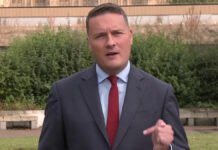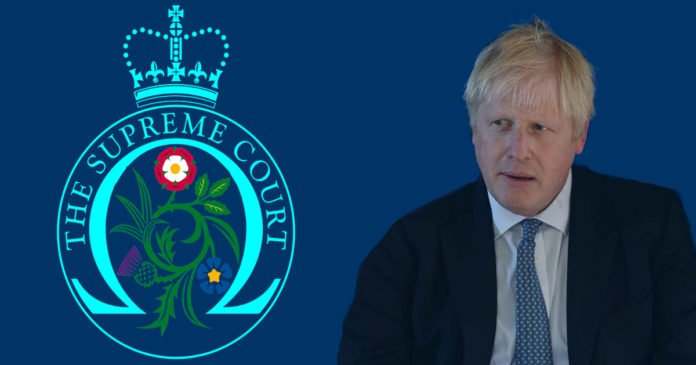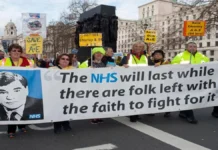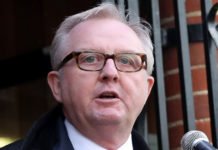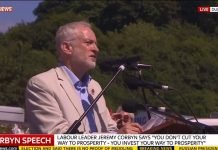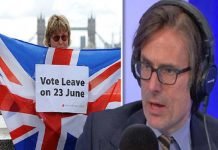Boris Johnson’s decision to suspend Parliament was unlawful, the Supreme Court has ruled.
Boris Johnson prorogued Parliament for five weeks earlier this month, but judges said it was wrong to stop MPs carrying out duties in the run-up to Brexit on 31 October.
Supreme Court president Lady Hale said “the effect on the fundamentals of democracy was extreme.”
Boris Johnson says he “strongly disagrees” with the ruling but will “respect” it.
Johnson argued he wanted to carry out the prorogation so he could outline his government’s new policies in a Queen’s Speech.
But critics said he was trying to stop MPs from scrutinising his Brexit plans and the suspension was far longer than necessary.
At a speech in New York, Boris Johnson said he “refused to be deterred” on getting on with “an exciting and dynamic domestic agenda”, and to do that he would need a Queen’s Speech.
Delivering its conclusions, the Supreme Court’s president, Lady Hale, said: “The decision to advise Her Majesty to prorogue Parliament was unlawful because it had the effect of frustrating or preventing the ability of Parliament to carry out its constitutional functions without reasonable justification.”
Lady Hale said the unanimous decision of the 11 justices meant Parliament had effectively not been prorogued – the decision was null and of no effect.
She added that it was important to emphasise the case was “not about when and on what terms” the UK left the EU, but about the decision to suspend Parliament.
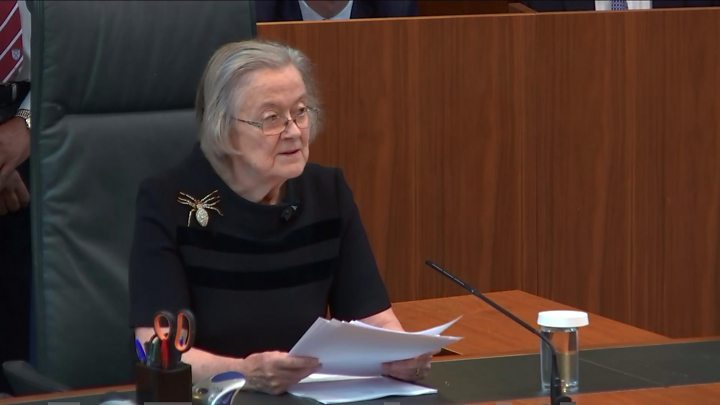
Speaker of the Commons John Bercow said MPs needed to return “in light of the explicit judgement”, and he had “instructed the House of Commons authorities to prepare… for the resumption of business” from 11:30 BST on Wednesday.
He said prime minister’s questions would not go ahead, but there would be “full scope” for urgent questions, ministerial statements and applications for emergency debates.
The court ruling does not prevent Boris Johnson from proroguing Parliament again in order to carry out a Queen’s speech, as long as it does not stop Parliament from carrying out its duties “without reasonable justification”.
The oppersitions response.
Jeremy Corbyn is leading calls for Boris Johnson to resign after the Supreme Court ruled the PM’s decision to suspend Parliament was unlawful.
The Labour leader said Mr Johnson should “consider his position” in a short statement to the party’s conference in Brighton.
The SNP and some Labour MPs have said the PM could be ousted in a no confidence vote, if he refuses to go.
MPs will return to work on Wednesday at 11:30 BST after the court’s ruling.
What could happen when MPs return?
Boris Johnson resigns – Highly unlikely given his defiant reaction to the Supreme Court verdict
No-confidence vote – If a majority of MPs back it and no alternative prime minister who can command a majority emerges within 14 days then there will be a general election
Censure motion – A non-binding slap on the wrist for the prime minister allowing MPs to register their disapproval of his actions without triggering his removal or an election
Impeachment – Being talked about by some Labour MPs but highly unlikely. No British prime minister has ever been impeached – only ministers – and the last attempted impeachment of a minister was in 1806
However the events play out these proceeding weeks before the UK is officially due to leave the EU promise to be very interesting. To coin a phrase:
“These are unchartered waters.”
This is a "Pay as You Feel" website Please help keep us Ad Free.
You can have access to all of our online work for free. However if you want to support what we do, you could make a small donation to help us keep writing. The choice is entirely yours.

